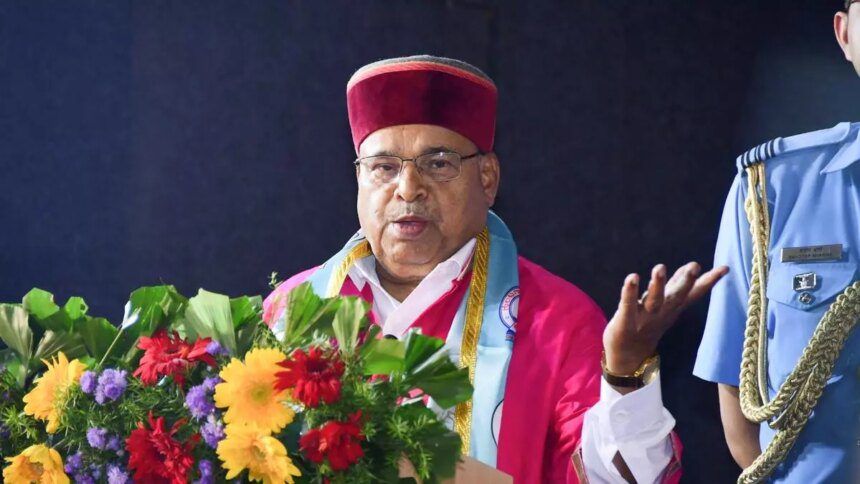The Governor of Karnataka, Thawar Chand Gehlot, has returned the Mineral Tax Bill, citing concerns raised by mining associations as the basis for his decision, according to recent reports.
In response to this event, Congress spokesperson BL Shankar emphasized that the bill was intended to benefit the community and that both political parties had previously reached an agreement on it. He noted that the Governor’s decision to return the bill for further clarification was due to specific queries he had.
Originally passed by the Cabinet in December 2024, the bill outlines a taxation structure that ranges from ₹20 to ₹100 per tonne for various minerals. Specifically, the proposed tax is set at ₹100 per tonne for bauxite, laterite, manganese, and iron ore-bearing land, ₹50 for copper ore, ₹20 for limeshell, ₹50 for gold byproducts, and ₹40 for other unspecified minerals.
This tax initiative is projected to generate approximately ₹4,207.95 crore in revenue, with an additional anticipated ₹505.9 crore from the taxation of mineral-bearing land annually.
Discussing the matter, VS Ugrappa, a former Member of the Lok Sabha and a senior Congress leader, remarked to businessline that bills typically follow a set process before approval, undergoing discussions either within the party or the legislature. He expressed concern that this convention seems to have been overlooked in this instance.
He further elaborated that any bill passed by the legislature goes through thorough discussions in both houses. If a bill enjoys majority or unanimous support, it indicates that it conforms to constitutional provisions. Such legislation is usually introduced by the government to serve the interests of the state. Ugrappa noted that the return of 11 bills previously could hinder the state’s progress.










